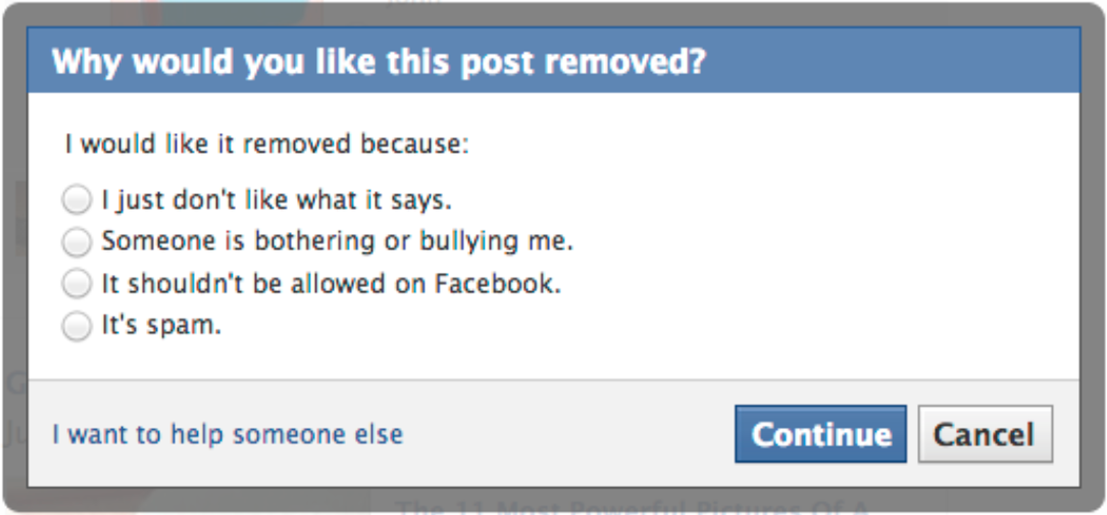
Portland, Oregon yesterday passed a ban on facial recognition technology. Officials cited two primary reasons for the ban. First, current facial recognition technologies less accurately identify people who are not young, white and/or male. Second, everyone should have some sense of anonymity and privacy when in public places.
Should the facial recognition ban focus on disparate impact?
Do Portland’s efforts to “improve people’s lives, with a specific focus on communities of color and communities with disabilities” demonstrate an effective long-term commitment to keeping invasive facial recognition technology at bay? Such a focus implies that when facial recognition technologies get better and less biased, they should then be deployed full scale, because then everyone will be harmed equally.
That’s one of the problems with looking to ban a technology based on its nascent state and accompanying imperfect implementation. Given the choice between arguing (1) that a technology is being harmfully implemented now, and (2) that the technology, no matter how perfect it is, infringes some fundamental human right, I’d go with number (2) every time.
We will find ourselves halfway down the slippery slope
We know the accuracy of this technology will increase with the development of better cameras, smarter algorithms and more data. When that happens, if you are still seeking to argue against its harmful effects on fundamental rights such as anonymity and privacy, you will already have slid halfway down the slope. With your previous “best” argument made moot, your argument now – an appeal to fundamental rights – will have less impact.
So maybe we should focus on the real issues – the fundamental right of anonymity and privacy for everyone – rather than leading with a social justice argument. At some later point, having made it the primary argument and it having becoming moot, the rationale will be a liability.
About the author
Evan Brown is a technology and intellectual property attorney in Chicago. Follow him on Twitter at @internetcases. Phone: (630) 362-7237. Email: ebrown@internetcases.com.
See also
Police not required to publicly disclose how they monitor social media accounts in investigations


